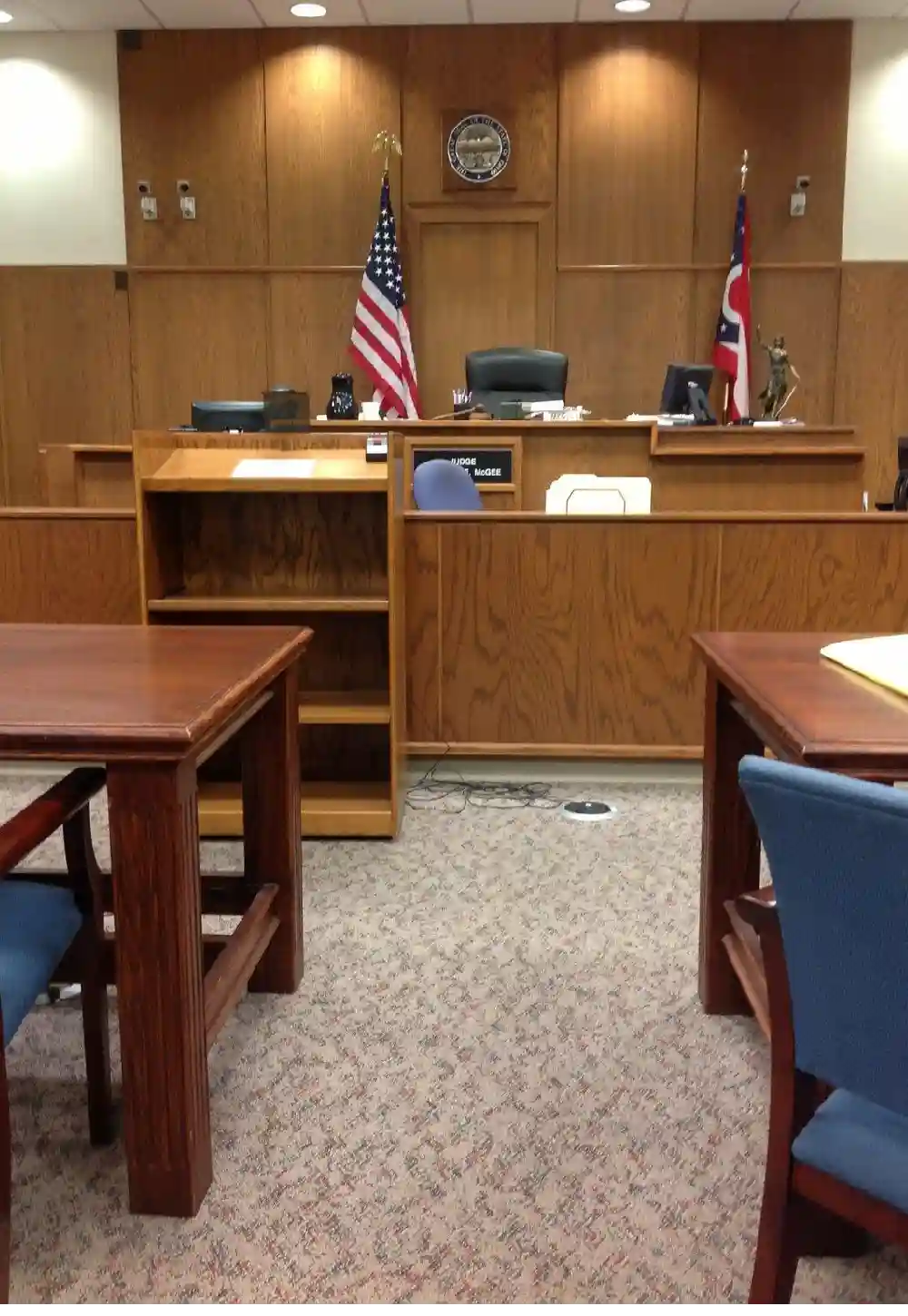NEWS
Can You Post Your Own Bail? Essential Information for Defendants

Have you ever wondered, “Can you post your own bail?” Navigating the legal system can be overwhelming, especially when facing an arrest. Understanding whether you can take charge of your bail process can make a significant difference in how quickly you regain your freedom.
In this blog post, we will unravel the complexities of posting your own bail, providing you with essential insights and practical advice. By the end, you’ll be equipped with the knowledge to manage such situations confidently and efficiently.
What is Bail?
Bail is money you pay to the court to ensure you’ll return for your trial. It acts like a security deposit.
If you show up for all your court dates, you get the money back. If you don’t, you lose the money and might face additional charges.
Can You Post Your Own Bail?
Yes, you can post your own bail! If you have the money available, you can pay the full amount to the court. This is known as posting bail in cash.
Once the bail is set by the judge, you can use your own funds to secure your release. This is often the quickest way to get out of jail.
How Much Will Bail Cost?
The cost of bail varies depending on the crime you’re accused of and the judge’s decision. Minor offenses might have lower bail amounts, sometimes even just a few hundred dollars. Serious crimes can have bail set at thousands or even millions of dollars.
What If You Don’t Have Enough Money?
Not everyone has enough money to post bail in cash. This is where bail bonds come in handy. Bail bonds are like loans. A bail bondsman pays the bail for you, and you pay them a fee, usually about 10% of the total bail amount.
For example, if your bail is set at $10,000, you’d pay the bondsman $1,000. The bondsman covers the rest, but you don’t get that 10% fee back.
Steps to Post Your Own Bail
First, the Defendant needs to determine the bail amount set by the judge. Once the amount is known, gather the necessary funds, either in cash or through quickly liquidatable assets. Then, proceed to the jail or courthouse where you are being held to make the payment.
You will need to complete some paperwork to confirm that you are using your own funds or a property bond to post bail. After filling out the forms, submit your payment to the court or jail officials. Finally, once your bail is posted, adhere to all court instructions and attend all required court dates to avoid forfeiting your bail money.
What Happens If You Don’t Show Up?
If you don’t show up for your court dates, you forfeit your bail. The court keeps your money, and a warrant is issued for your arrest. If you used a bail bondsman, they might send a bounty hunter to find you and bring you back to jail.
Learning How to Post Bail on Your Own
In conclusion, understanding the answer to the question, “can you post your own bail?” can significantly impact your experience within the legal system. If you have the financial means, posting your own bail is a viable option that ensures a swift release and saves money on bail bond fees.
However, it’s crucial to consider the financial risk involved. Always ensure you attend all court appearances to avoid forfeiting your bail, which will help you navigate this challenging time more effectively.
Want to learn more? Don’t forget to explore our other articles before you leave!
Having completed my education in English, I’ve cultivated a successful career as a content writer. My tenure includes valued collaborations with distinguished professional organizations, reflecting my commitment to producing high-quality content.
Contact me on this mail: [email protected]










